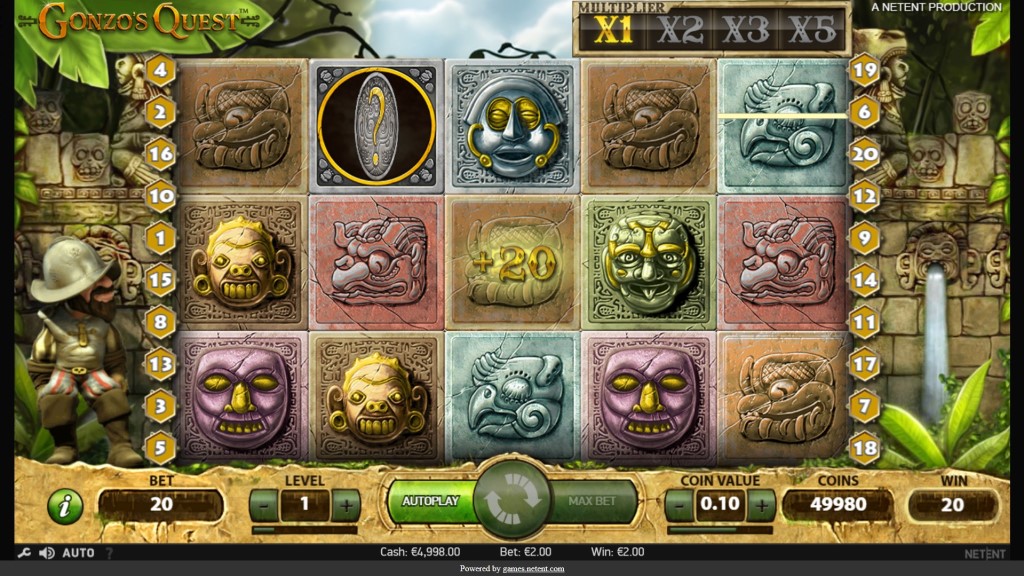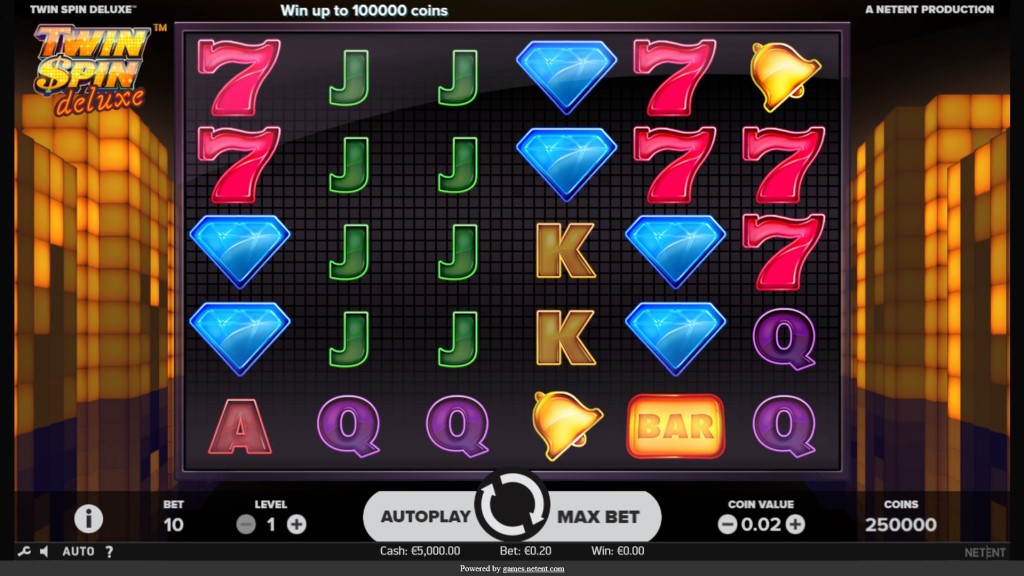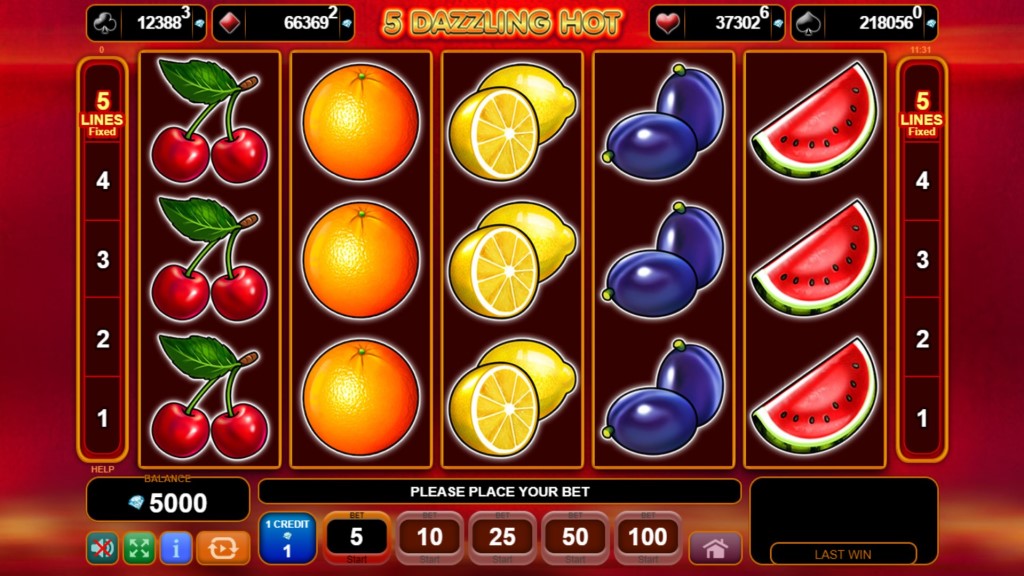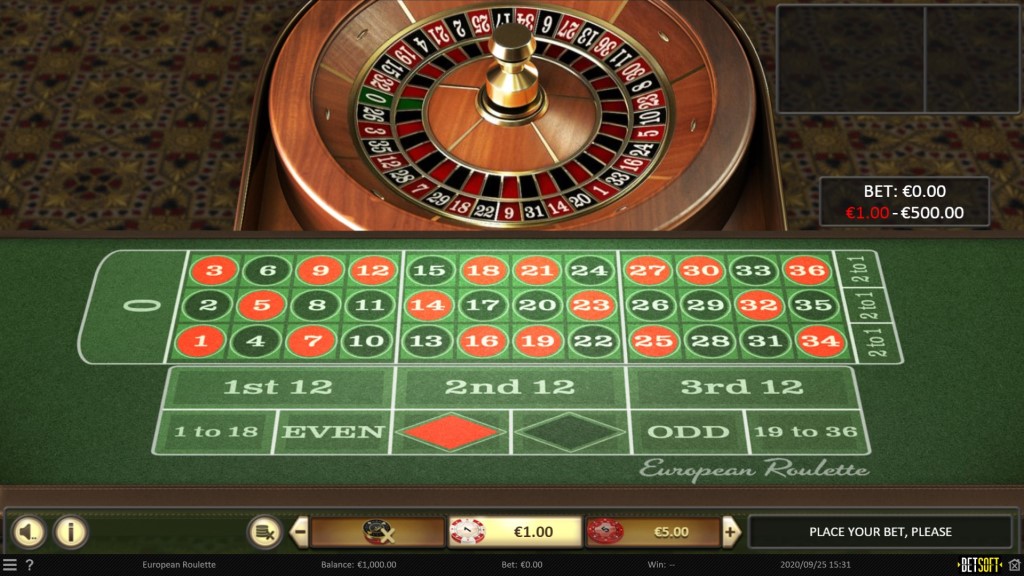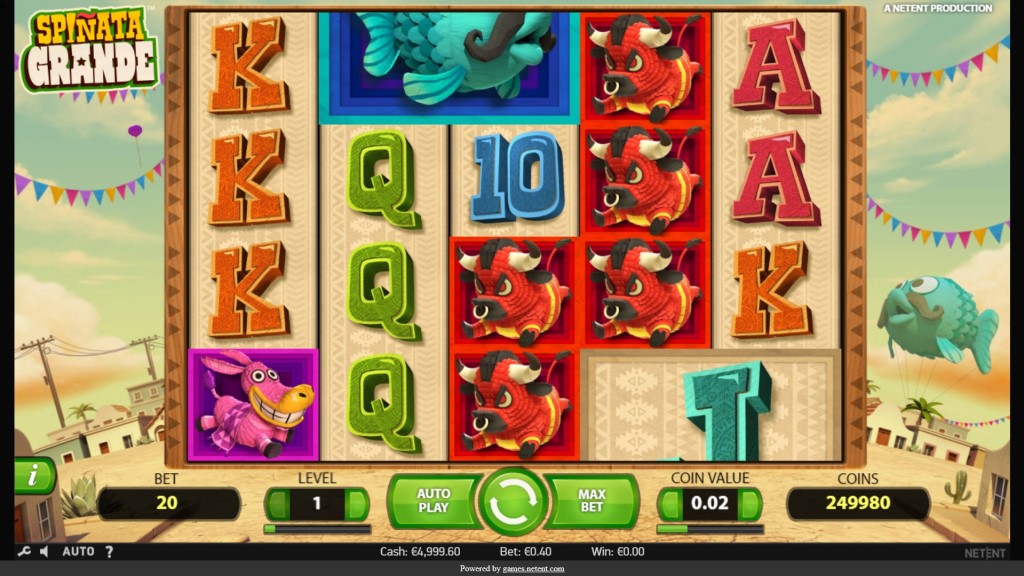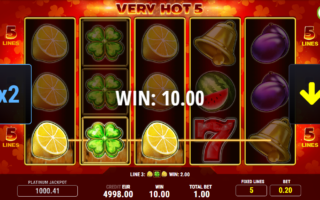Welcome to the enthralling realm of roulette, where adrenaline junkies and chance enthusiasts find their ultimate thrill. In this article, we will delve into the captivating world of this iconic casino game, unearthing its intriguing origins, delving into the myriad strategies employed by players, and shedding light on the intricate elements that make it a favorite among seasoned gamblers and novices alike. From the mesmerizing spin of the wheel to the heart-pounding anticipation, prepare to embark on an exhilarating journey through the captivating realm of roulette.
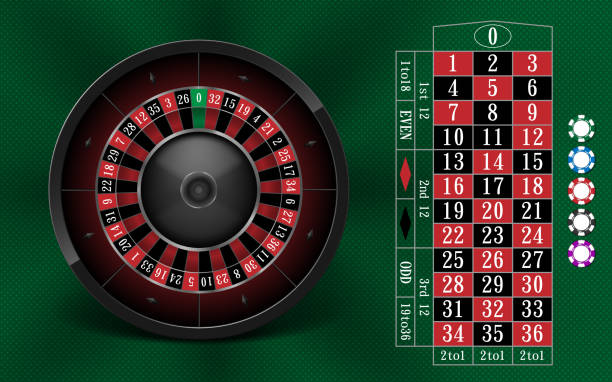
The History of Roulette
Unfolding its captivating tale in the 18th-century France, this game has remained an enchanting blend of sophistication and unpredictability, captivating players through the ages with its allure.
With its roots tracing back to late 1700s France, the game aptly earned the moniker “roulette,” translating to “little wheel” in French, a name that perfectly encapsulates its core essence.
The accidental genius behind the roulette wheel is often attributed to Blaise Pascal, the eminent French mathematician and physicist, whose pursuit of a perpetual motion machine led to the creation of this iconic casino game. Though Pascal’s original goal wasn’t realized, his serendipitous invention laid the groundwork for an enduring pastime.
Swiftly garnering popularity, this game spread its enchantment across Europe, captivating gamblers in Germany and Monte Carlo. Throughout its journey, the game underwent transformations, with the advent of single-zero and double-zero wheels, culminating in the distinct European and American roulette versions we know today.
In the 19th century, this casino game embarked on a voyage across the Atlantic, finding its way to the United States. Here, an ingenious tweak was made to increase the house edge: an additional double-zero pocket was added to the wheel, thus giving birth to American roulette. This subtle alteration set the stage for divergent gameplay and odds between the two continents, ensuring the game’s allure continued to flourish across the globe.
The Mechanics of Roulette
The Roulette Wheel
At the heart of every roulette game lies the captivating roulette wheel, where excitement and anticipation intertwine with every spin. This pivotal element possesses the power to dictate players’ fortunes or losses, as the numbered pockets on the wheel determine their fate. European roulette wheels typically boast 37 pockets, numbered from 0 to 36, while their American counterparts feature 38 pockets due to the addition of the double-zero pocket.
The Roulette Table
Harmonizing with the wheel, the roulette table provides a designated platform for players to place their bets. With thoughtful design, the table layout accommodates a wide array of betting options, ensuring a seamless and immersive gaming experience for all participants.
Inside Bets
Inside bets involve placing wagers on specific numbers or groups of numbers within the layout of the roulette wheel. Although these bets offer enticingly high payout ratios, they come with lower odds of winning due to their precise nature. Inside bets are often the favorites of risk-takers, as they seek the thrill of daring wagers and the allure of substantial rewards.
Outside Bets
In contrast to inside bets, outside bets encompass wagers that cover larger sections of the roulette wheel. These bets provide a higher probability of winning, but they come with relatively lower payout ratios. For cautious players who value consistent wins and steady gameplay over big jackpots, outside bets become the preferred choice.
Roulette Variants
American Roulette
American Roulette, a popular variant of the classic casino game, features a wheel with 38 numbered pockets, including an additional double zero (00) pocket. While it retains the timeless thrill of spinning the ball and placing bets, the presence of the double zero slightly increases the house edge, making it less advantageous for players compared to other versions. Nevertheless, the game offers a wide array of inside and outside bets, contributing to its excitement and strategic gameplay.
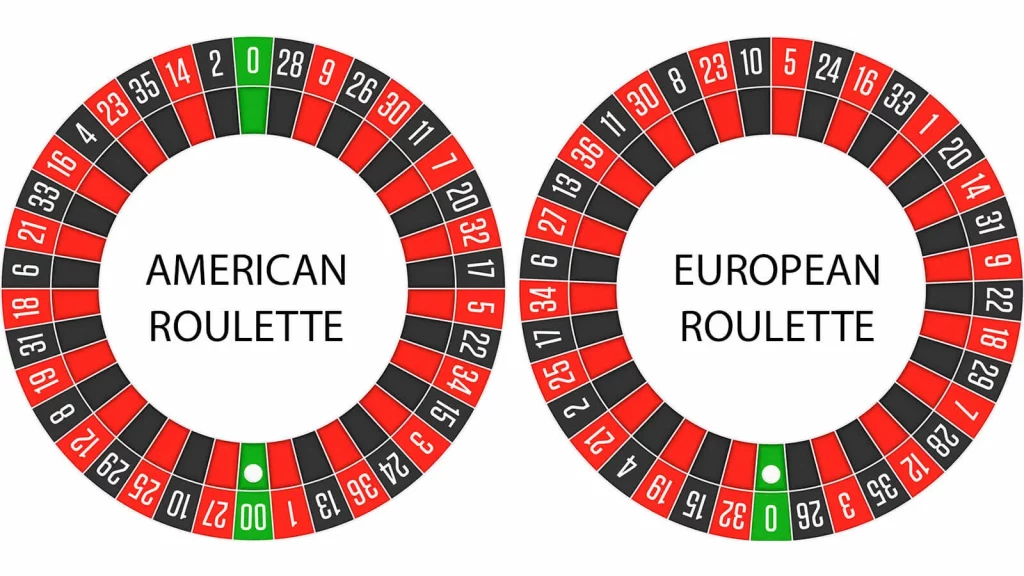
European Roulette
As the most favored variant, European Roulette captivates players with its straightforward yet exhilarating gameplay. Played on a wheel with 37 numbered pockets from 0 to 36, the objective is to predict the pocket where the ball will come to rest. European variant sets itself apart by featuring only one zero pocket, distinguishing it from American Roulette’s double zero. This single zero element grants European variant a lower house edge, making it a more advantageous choice for players seeking enhanced winning potential.
French Roulette
This French Roulette exudes elegance and uniqueness, sharing similarities with European Roulette as it also comprises 37 numbered pockets from 0 to 36. It introduces two special rules: La Partage and En Prison. La Partage applies to even-money bets, allowing players to recover half of their original wager if the ball lands on the single zero pocket. The En Prison rule allows even-money bets to remain on the table if the ball lands on zero, offering a second chance to win on the next spin.
Mini Roulette
Presenting a scaled-down version of the classic game, Mini Roulette features a smaller wheel with just 13 pockets numbered from 0 to 12. With fewer pockets, this variant introduces altered odds and delivers a unique gameplay experience. The compact nature adds excitement as players navigate the smaller wheel and make their betting decisions, impacting the frequency of certain outcomes and influencing the strategies employed during play.
Multi-Wheel Roulette
Taking the thrill to new heights, Multi-Wheel Roulette enables players to place bets on multiple wheels simultaneously. With up to eight wheels in play, this variant offers amplified excitement and the potential for more frequent wins. Players can spread their bets across multiple wheels, increasing their chances of hitting winning numbers with each spin, as the wheels spin independently, intensifying the anticipation of outcomes.
Double Ball Roulette
Revolutionizing the game, Double Ball Roulette employs two balls on a single wheel, elevating the excitement and betting possibilities. This innovative variant allows players to hit multiple winning numbers with every thrilling spin, adding an extra level of exhilaration to the traditional roulette experience.
Live Dealer Roulette
Embracing the rise of online gambling, Live Dealer Roulette provides an immersive casino experience from the comfort of home. In this captivating variant, a real-life dealer conducts the game through a live video stream, creating an authentic atmosphere reminiscent of a land-based casino. This variant bridges the gap between virtual online gaming and the excitement of in-person play, making it a favored choice among players seeking a dynamic and engaging roulette experience.
Strategies and Tips
The Martingale System
A renowned roulette strategy, the Martingale system, revolves around doubling your bet after each loss. The concept aims to compensate for previous losses and potentially yield a profit by increasing the wager. While proponents believe probability will eventually tilt in their favor, it’s crucial to recognize that roulette remains a game of chance with inherent unpredictability. The Martingale system may sound promising in theory, but it doesn’t guarantee success in practice.
The Fibonacci Strategy
Drawing inspiration from the famous Fibonacci sequence, this strategy involves placing bets based on the sum of the previous two bets. By following this pattern, the Fibonacci strategy seeks to capitalize on winning streaks while minimizing potential losses during unfavorable runs. It’s a method that incorporates mathematical principles into betting decisions.
The James Bond Strategy
As popularized by the legendary fictional British spy, the James Bond strategy is a unique approach to playing roulette. It entails placing multiple bets strategically to cover a significant portion of the wheel. This method aims to minimize risk while allowing for the potential of substantial winnings. The James Bond strategy adds an element of excitement and calculated risk-taking to the game.
Bankroll Management
Effective bankroll management is vital for every roulette player. By setting limits on bets and losses, understanding when to walk away, and carefully managing funds, players can ensure that the allure of the game doesn’t lead to financial difficulties. Bankroll management is a key aspect of responsible gambling, providing players with control over their finances.
Trusting Your Intuition
While strategies and systems can be helpful, it’s crucial to remember that this is ultimately a game of chance. Trusting your intuition and embracing the thrill of uncertainty can add an extra layer of excitement to gameplay. Sometimes, following instincts and making spontaneous decisions can lead to unexpected outcomes and memorable moments at the roulette table.
Clearing Misconceptions: Understanding Roulette’s Realities
The Gambler’s Fallacy
A prevalent misconception in this game is the gambler’s fallacy, leading players to believe that past outcomes influence future results. In reality, each spin of the roulette wheel is an independent event, unaffected by previous or subsequent spins. The fallacy arises from our innate desire to find patterns in random events, which can lead to misguided beliefs about the predictability of roulette outcomes.
Biased Wheels
Another common misconception is the notion of biased wheels, suggesting that certain numbers or sections of the roulette wheel are more likely to hit. While biased wheels may have existed in the past, modern casinos employ strict protocols and advanced technology to ensure fair gameplay and random outcomes. Rigorous testing and maintenance procedures are in place to detect and address any potential biases, preserving the game’s integrity.
The “Perfect” Strategy
Numerous sources claim to possess the “perfect” roulette strategy that guarantees consistent wins. However, it is crucial to approach such claims with skepticism and critical thinking. This is fundamentally a game of chance, and no strategy can alter the inherent randomness of the game. While strategies and betting systems may provide structure and entertainment, they do not possess the power to influence the underlying probabilities. Responsible enjoyment of roulette involves treating it as a form of entertainment rather than a guaranteed means of financial gain. Understanding the realities of roulette ensures a more accurate and enjoyable gaming experience.
FAQs
This is a popular casino game of chance, played on a spinning wheel with numbered pockets. Players place bets on where they think the ball will land when the wheel comes to a stop.
In this game, players place bets on the roulette table, covering various numbers, colors, or sections. The croupier (dealer) then spins the wheel in one direction and releases a small ball in the opposite direction. The ball eventually settles into one of the numbered pockets on the wheel, determining the winning bet.
The three main variants are European Roulette (with one zero), American Roulette (with one zero and one double zero), and French Roulette (similar to European with additional betting rules like La Partage and En Prison).
There are two main types of bets: inside bets (on specific numbers) and outside bets (on groups of numbers or characteristics like color or odd/even). Players can place chips on the corresponding areas of the roulette table to make their bets.
Inside bets offer higher payout ratios but lower odds of winning, as they involve specific numbers or smaller groups of numbers. Outside bets have lower payout ratios but higher odds of winning, as they cover larger sections of the roulette wheel.
Conclusion
In conclusion, the captivating allure of the roulette wheel has mesmerized gamblers across the ages, delivering an exhilarating mix of chance, strategy, and suspense. From its origins in 18th century France to its widespread appeal in modern times, this game continues to embody the essence of excitement and endless possibilities for players worldwide.


